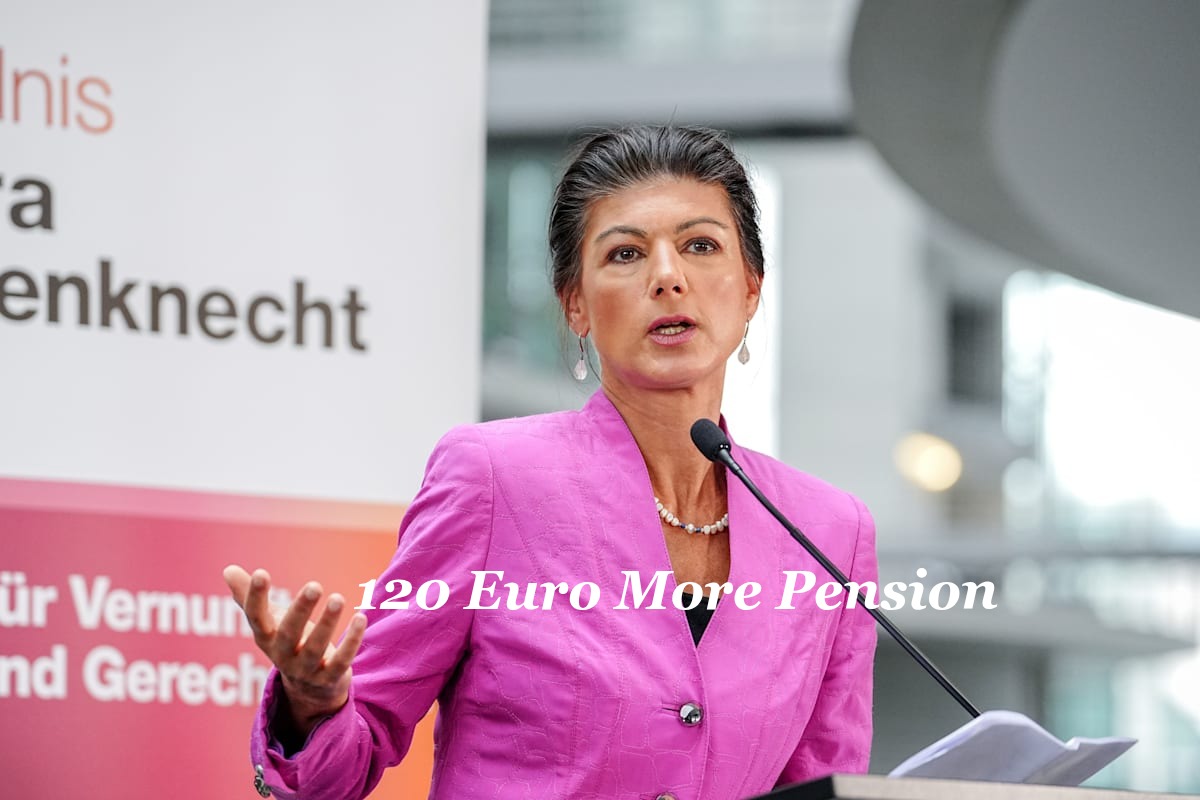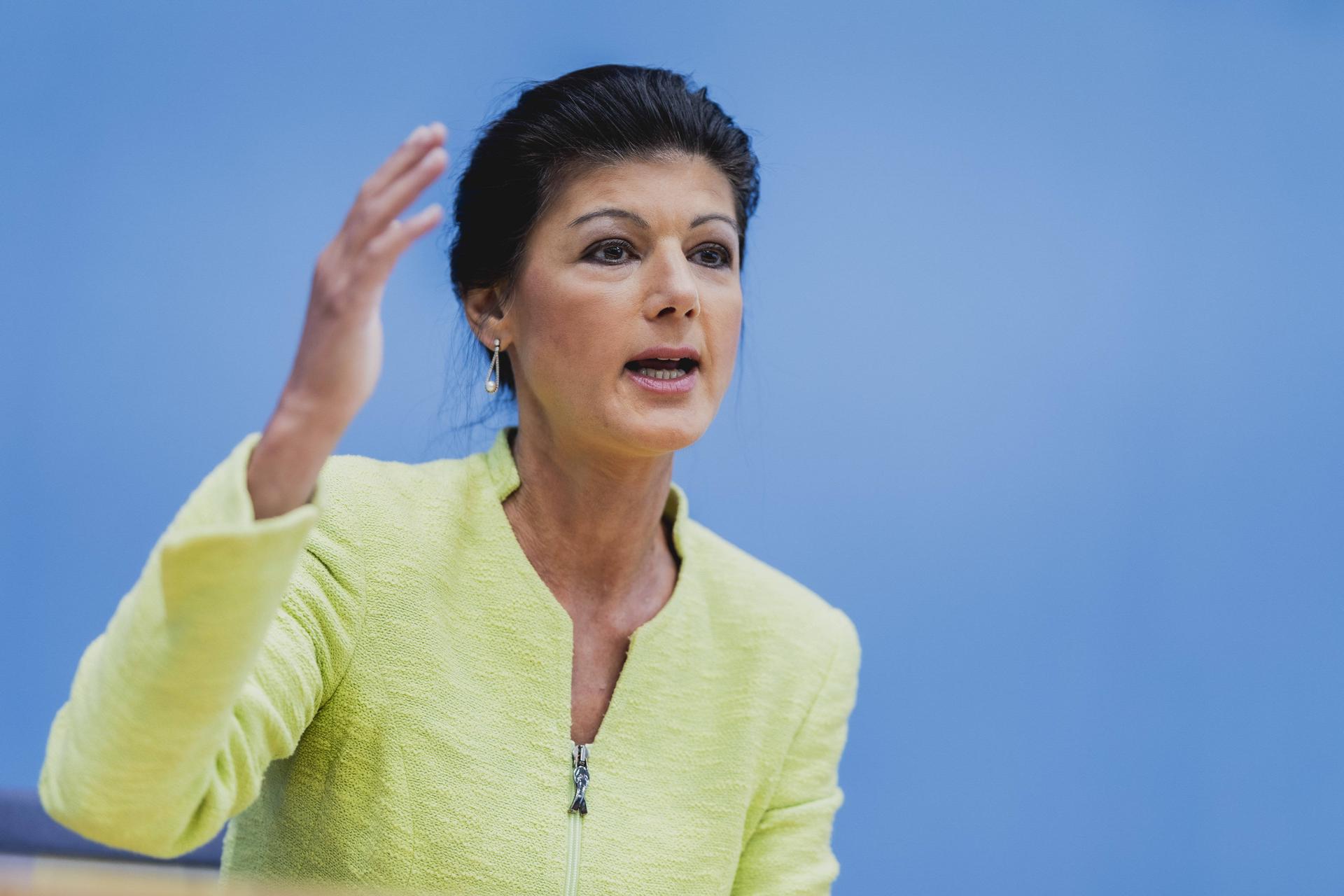120 Euro More Rente: What It Means, Why It Matters, and How It Affects Retirees

120 Euro More Rente Retirement is one of those phases in life that people look forward to, yet also worry about. Financial stability becomes the central topic, and every small increase in pension can feel like a significant relief. When we talk about “120 Euro mehr Rente” (120 euros more pension), it might sound like just another number thrown around in politics, reforms, or social security discussions. But for those who rely on their monthly pension to make ends meet, such an increase can be life-changing. Let’s take a closer look at what this phrase means, why it matters, and how it influences the lives of pensioners in practical ways.
Understanding “120 Euro More Pension”
When the term “120 Euro More Rente” comes up in media or political discussions, it usually refers to proposed increases in retirement benefits. Pensions are calculated based on several factors such as years of contribution, average income, and adjustments tied to inflation or wage development. Any increase, whether through reform or annual adjustment, can significantly affect retirees’ financial situation.
A 120 Euro More Rente increase may not sound massive to younger generations who are still working, but for pensioners, every additional euro counts. Many retirees live on fixed incomes, and their expenses often rise faster than their pensions due to inflation, healthcare costs, and everyday living expenses. This means that even a seemingly small boost can make the difference between financial stress and relative comfort.
The idea of “120 Euro More Rente” isn’t just about money—it’s about dignity. It’s about recognizing the contributions retirees made throughout their working lives and ensuring they don’t fall into poverty during old age. This increase reflects not only financial adjustment but also social responsibility.
Why 120 Euros Can Make a Huge Difference

For people who are used to budgeting every single cent, an additional 120 Euro More Rente each month is not just extra money—it’s breathing space. It could mean being able to afford healthier food, buying necessary medication without hesitation, or simply enjoying small pleasures like going out with friends or supporting grandchildren.
Healthcare is one of the biggest expenses for retirees. Even in countries with strong healthcare systems, there are costs for prescriptions, special treatments, or additional insurance coverage. Having 1120 Euro More Rente n the pocket could ease these burdens significantly.
Additionally, inflation eats away at the purchasing power of fixed incomes. Groceries, energy, and rent have all risen sharply in recent years, and many pensioners find themselves choosing between essentials. A pension boost helps to offset at least part of that pressure. Ultimately, it’s not just a financial upgrade—it’s an upgrade in quality of life.
The Social and Political Background
The idea of increasing pensions is often tied to political promises or reforms. Governments know that retirees form a significant portion of the voting population, and issues like pensions are deeply emotional and impactful. Announcing a pension increase, such as 120 Euro More Rente per month, is a powerful message that resonates with millions.
But politics is never simple. Such measures are often debated in parliament, scrutinized by economists, and questioned by taxpayers. Where will the money come from? Will this increase be sustainable in the long run? These are the kinds of questions that shape the debate.
On the social level, pension increases are about fairness. Many older people spent decades working in industries that no longer exist in the same way today—factories, mines, or traditional trades. Their earnings during working life may not have been high, which translates into smaller pensions. Giving them a raise acknowledges that they deserve more than just survival; they deserve respect for their lifetime contributions.
Who Benefits From the Increase?
Not all pension increases apply equally to everyone. Sometimes they are universal, and every retiree receives the same additional amount. In other cases, the increase might target specific groups, such as those with particularly low pensions, widows, or people who retired early due to health reasons.
A 120 Euro More Rente raise can have very different impacts depending on someone’s financial background. For someone already receiving a higher pension, it might simply add comfort. But for someone struggling with a low pension, it could be the difference between hardship and stability.
This brings us to the importance of targeted social policy. While across-the-board increases may seem fair, many argue that helping those most in need should be the priority. At the same time, universal increases prevent feelings of exclusion and keep the system simple.
The Psychological Impact of Pension Increases
We often focus only on the financial side of pensions, but the psychological impact of an increase shouldn’t be underestimated. When retirees see their pension increase, they feel valued. They feel recognized for their years of hard work and contribution to society.
Financial insecurity can be stressful at any age, but in retirement, it becomes even heavier. Older people often worry about burdening their families or being unable to afford essential services. A stable and slightly higher pension reduces these worries and promotes mental well-being.
Moreover, financial stability encourages retirees to stay socially active. With more money to spare, they can participate in community events, visit friends, or even travel within their means. Social interaction is vital for mental health, and a 120 Euro More Rente increase indirectly supports healthier, happier lives.
Challenges in Implementing Pension Increases
While the idea of giving retirees 120 Euro More Rente each month is appealing, implementing it is a complex matter. The money has to come from somewhere, usually taxes, social security contributions, or government borrowing. Each option has its drawbacks and critics.
Economists often warn about the sustainability of pension systems, especially in aging societies. As the population grows older and the number of working-age contributors decreases, financing pensions becomes increasingly difficult. Policymakers must balance between providing for today’s retirees and ensuring that future generations aren’t overburdened.
Another challenge lies in fairness. Some workers contributed more to the system than others. Should they receive a higher proportional increase, or should everyone get the same flat amount? These debates often cause friction in political negotiations.
Looking Ahead: The Future of Pensions
The discussion about “120 Euro More Rente” is only one piece of a much larger puzzle. Pension systems worldwide are under pressure due to demographic changes, economic fluctuations, and rising living costs. The question is not just about today’s retirees but also about future generations.
Reforms might involve increasing the retirement age, encouraging private savings, or restructuring the way pensions are funded. However, no matter how the system evolves, one truth remains: retirees deserve financial security and respect.
The 120-euro increase is symbolic of a broader effort to improve living standards. It highlights the need for continuous adjustments, not one-time fixes. Without regular updates that match real-world expenses, pensions risk falling behind, leaving the elderly vulnerable.
Final Thoughts: More Than Just Numbers
At first glance, “120 Euro More Rente” may sound like a technical adjustment. But when you dive deeper, it represents so much more. It symbolizes recognition, fairness, and compassion for those who built today’s society with their work.
For pensioners, it’s not about luxury—it’s about dignity. It’s about being able to buy groceries without counting every cent, pay bills on time, and live without constant financial stress. It’s about enjoying retirement as the well-earned reward it should be, rather than struggling to get by.
So while 120 Euro More Rente might seem like a modest figure, in the world of pensions, it carries immense weight. It is not just money—it’s a message. A message that society cares, that contributions are valued, and that no one should have to spend their later years in financial insecurity.



